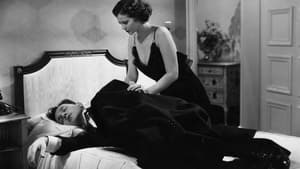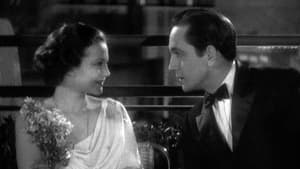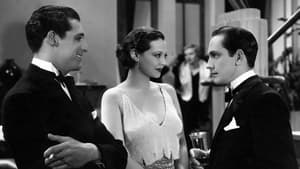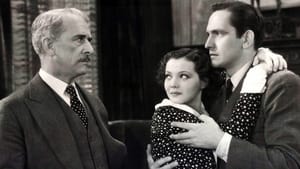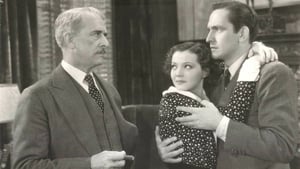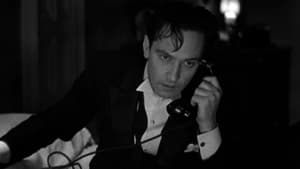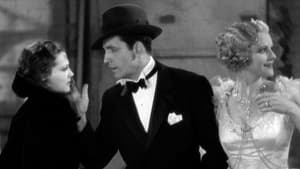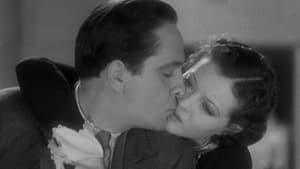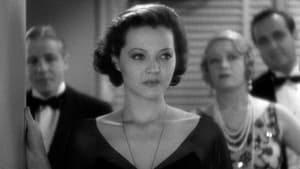Contact: [email protected]
Video Sources 0 Views
- Watch trailer
- Merrily We Go to Hell

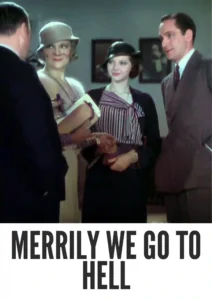
Synopsis
Table of Contents
ToggleReview: Merrily We Go to Hell (1932) – A Poignant Exploration of Love and Alcoholism in Early Hollywood

Introduction
“Merrily We Go to Hell” (1932) is a bold and daring film that explores the complexities of love, marriage, and addiction in early 20th-century America. In this review, we’ll delve into the significance of this pre-Code drama, examining its portrayal of taboo subjects and its enduring legacy in the annals of Hollywood history.
Check The Full Colorized Movies List
Check Our Colorized Movies Trailer Channel
Understanding Merrily We Go to Hell: Director, Cast, and Genre
Directed by the visionary Dorothy Arzner, “Merrily We Go to Hell” (1932) showcases her unique perspective and uncompromising vision. The film features a talented cast, including Fredric March and Sylvia Sidney, whose electrifying performances bring the story to life with raw emotion and depth. Blending elements of romance, drama, and social commentary, “Merrily We Go to Hell” (1932) offers audiences a provocative glimpse into the tumultuous world of early 20th-century relationships.
Exploring the World of Merrily We Go to Hell: Plot and Characters
At its core, “Merrily We Go to Hell” (1932) follows the tumultuous relationship between a struggling writer, played by Fredric March, and a wealthy socialite, portrayed by Sylvia Sidney. As their romance blossoms and fades amidst the backdrop of New York’s high society, they grapple with issues of fidelity, ambition, and addiction. Through their passionate and often destructive love affair, the film explores the darker aspects of human nature and the consequences of unchecked desire.
The Art of Pre-Code Cinema
“Merrily We Go to Hell” (1932) is a product of Hollywood’s pre-Code era, a time of unprecedented freedom and experimentation in American cinema. Freed from the constraints of censorship, filmmakers were able to tackle taboo subjects with unflinching honesty, pushing the boundaries of what was considered acceptable on screen. As a result, “Merrily We Go to Hell” (1932) offers a frank and unfiltered exploration of themes such as alcoholism, infidelity, and societal hypocrisy, challenging audiences to confront the harsh realities of life in Depression-era America.
Early 20th-Century Social Commentary
Set against the backdrop of the Great Depression, “Merrily We Go to Hell” (1932) serves as a potent commentary on the social and economic upheaval of the era. Through its portrayal of characters grappling with addiction, financial insecurity, and the pressures of societal expectations, the film sheds light on the struggles faced by ordinary Americans during this turbulent period in history. By delving into the complexities of human relationships and the corrosive effects of addiction, “Merrily We Go to Hell” (1932) offers a poignant reminder of the resilience of the human spirit in the face of adversity.
Merrily We Go to Hell and Its Enduring Impact
Despite its controversial subject matter, “Merrily We Go to Hell” (1932) was well-received by audiences and critics alike, garnering praise for its bold storytelling and powerhouse performances. While its frank depiction of alcoholism and infidelity may have shocked some viewers, others lauded the film for its honesty and authenticity, recognizing it as a groundbreaking work of early Hollywood cinema. Today, “Merrily We Go to Hell” (1932) remains a testament to the power of cinema to provoke thought, challenge convention, and inspire change.
Where to Watch Merrily We Go to Hell Online
For those eager to experience the raw emotion and timeless beauty of “Merrily We Go to Hell” (1932), the film is readily available on popular streaming platforms such as Amazon Prime, iTunes, and Google Play. Whether viewed in its original black and white format or restored to its full glory, “Merrily We Go to Hell” (1932) promises to captivate audiences with its gripping narrative and unforgettable performances.
FAQs About Merrily We Go to Hell
Q: Is “Merrily We Go to Hell” (1932) based on a true story? A: No, “Merrily We Go to Hell” (1932) is a fictional drama inspired by the social and cultural milieu of early 20th-century America.
Q: Who are the main actors in “Merrily We Go to Hell” (1932)? A: “Merrily We Go to Hell” (1932) features Fredric March and Sylvia Sidney in the lead roles, supported by a talented ensemble cast.
Q: What awards did “Merrily We Go to Hell” (1932) win? A: While “Merrily We Go to Hell” (1932) did not win any major awards, it remains a beloved classic of early Hollywood cinema.
Q: Why was “Merrily We Go to Hell” (1932) considered controversial? A: “Merrily We Go to Hell” (1932) courted controversy for its frank portrayal of taboo subjects such as alcoholism, infidelity, and societal hypocrisy, challenging the conventions of its time and pushing the boundaries of what was considered acceptable on screen.
Conclusion
“Merrily We Go to Hell” (1932) stands as a testament to the power of cinema to provoke thought, challenge convention, and inspire change. Through its unflinching exploration of love, addiction, and societal hypocrisy, the film offers a poignant reminder of the resilience of the human spirit in the face of adversity. As we reflect on its enduring legacy, let us celebrate “Merrily We Go to Hell” (1932) as a timeless classic that continues to captivate audiences with its gripping narrative and unforgettable performances.
